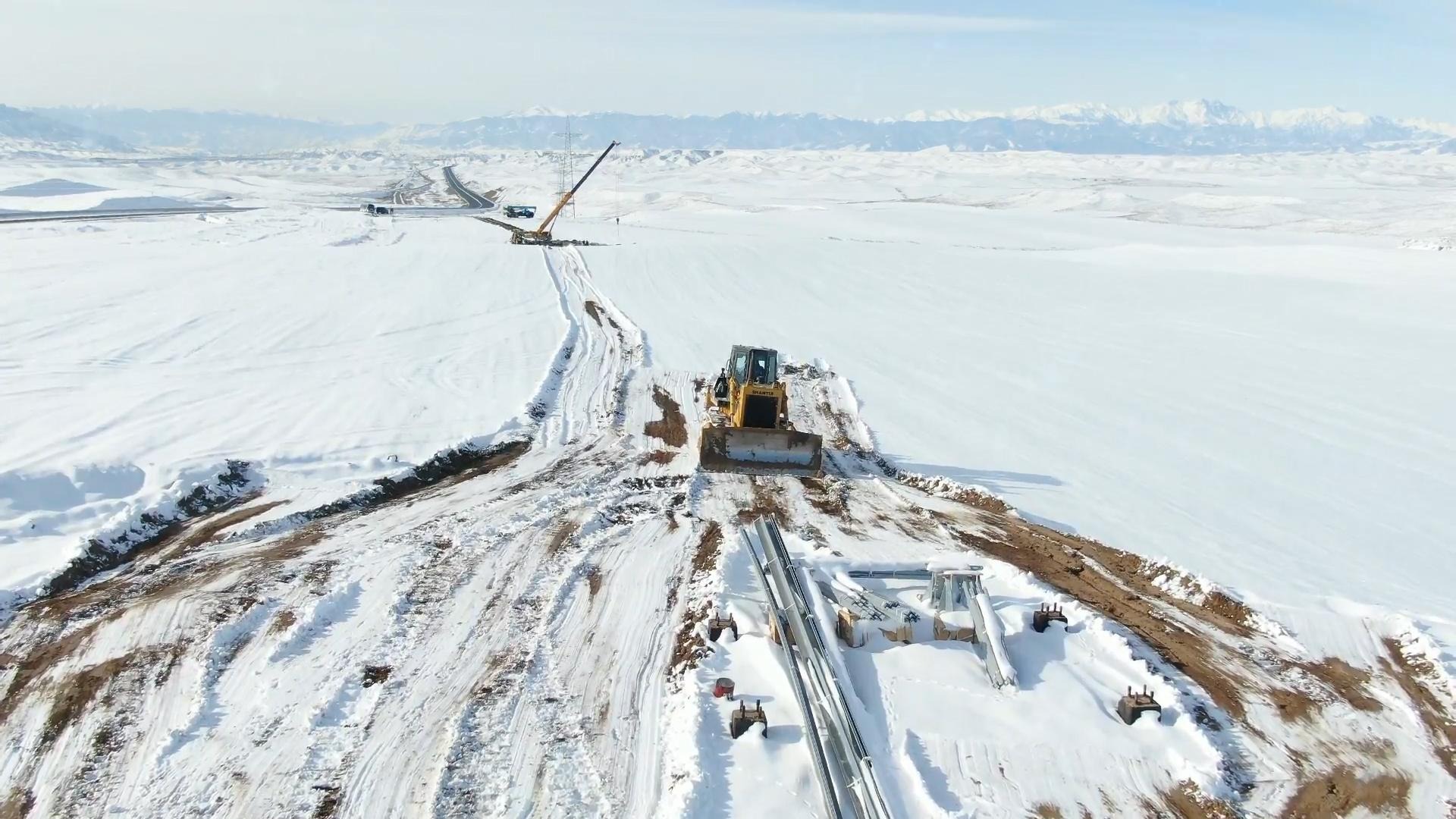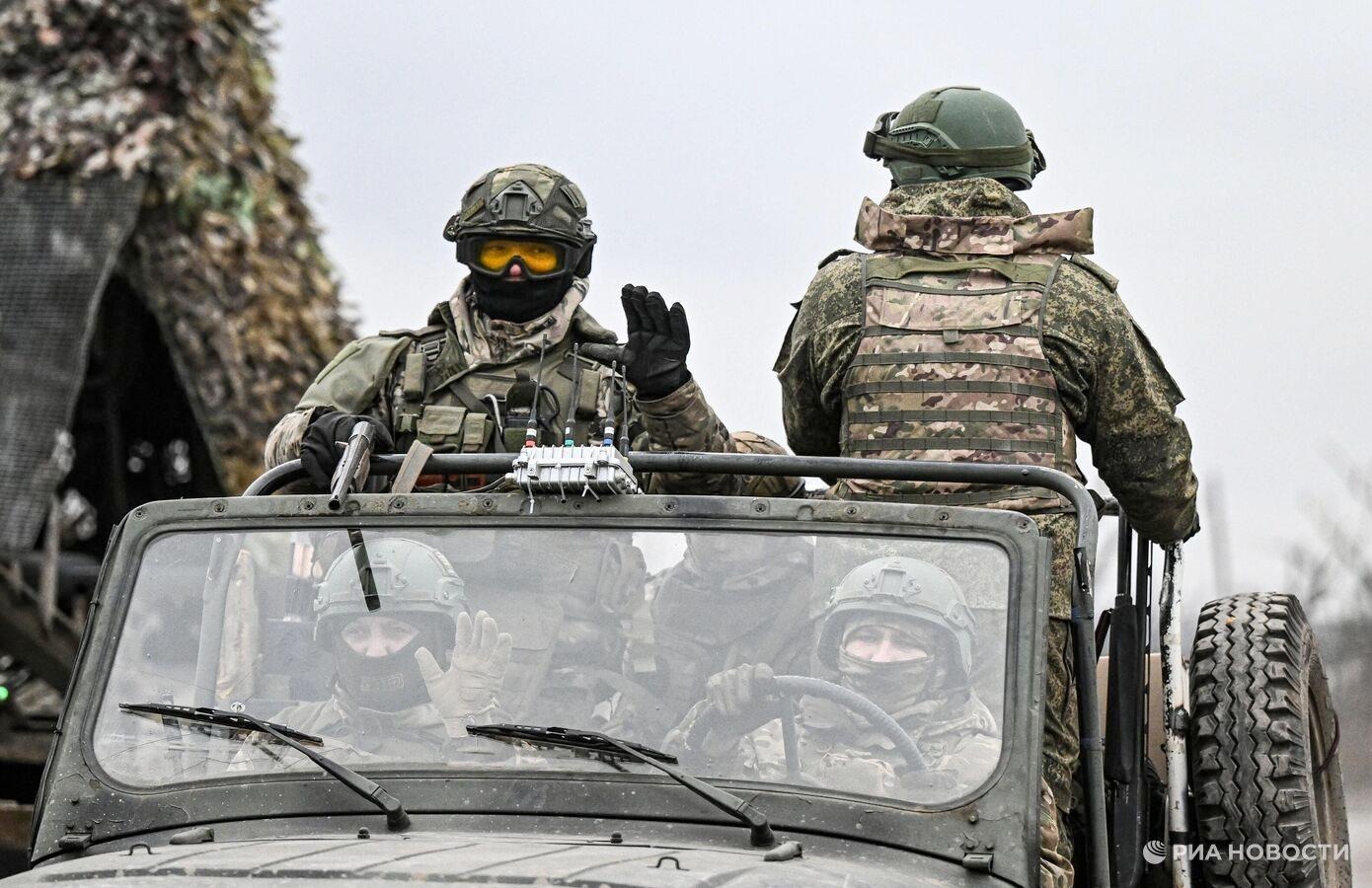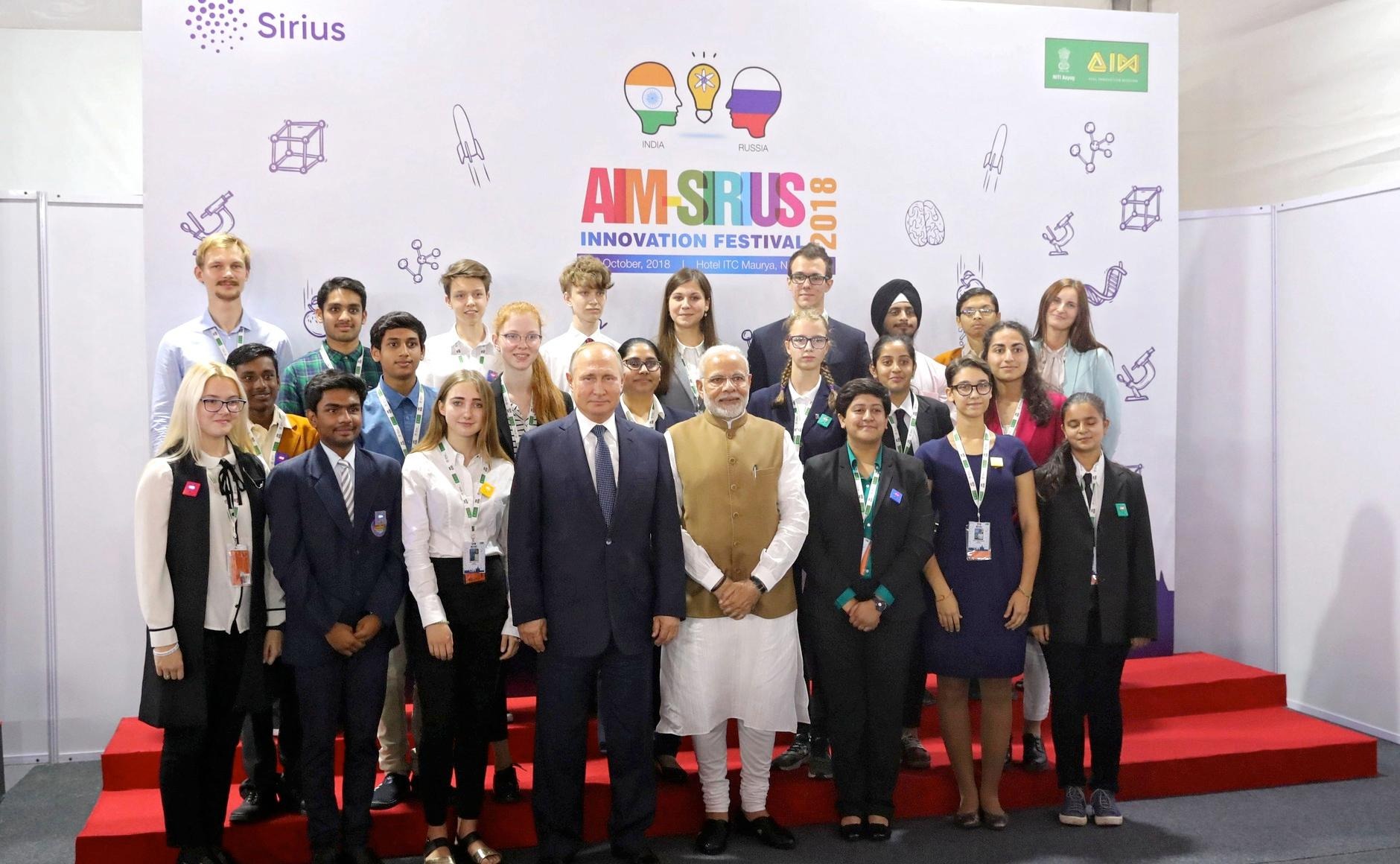RUSSIA’S SHRINKING HORIZONS OF ECONOMIC PLANNING AND POLITICAL PLOTTING
RUSSIA’S SHRINKING HORIZONS OF ECONOMIC PLANNING AND POLITICAL PLOTTING
Hardly anybody in Russia misses the rigid Soviet pattern of five-year plans, but many Russians are growing uncomfortable about the chaotic play of market forces. Putin’s plan to strengthen central control over key economic activities was supposed to reduce this unpredictability and provide a sound foundation for mid-range planning. The Kremlin’s dominance over the State Duma was justified as a “progressive” mechanism that would protect the well-planned reforms from any interference by “irresponsible” legislators.
What has happened in real life with this over-centralized and all-penetrating control is evident from the June 2 government meeting, where corrections in the basic indicators based on the results of the first quarter were approved (Kommersant, June 2). The proceedings have clearly demonstrated that Prime Minister Mikhail Fradkov is denying the reality of declining growth and rising inflation (Vremya novostei, June 3). He categorically insists that the ministers follow suit, so Finance Minister Alexei Kudrin asserts that additional expenses would not push inflation above 10%, conveniently forgetting the already achieved 7%. German Gref, minister for economic development, has hesitantly lowered the growth forecast from 6.5% to 5.8%, knowing perfectly well that the International Monetary Fund’s forecast of 5.5% is optimistic (Kommersant, May 30; Vedomosti, June 3).
Apparently, Fradkov is sure that his “leadership” does not need to go any further that reminding the “liberally-minded” ministers about the presidential order to double GDP by 2010. He also does not seem worried about the prospect of reporting to the supreme authority by the end of the year that the GDP could, perhaps, be doubled closer to 2020 (Vip.lenta.ru, May 31). Rumors of his inevitable departure circulate in Moscow in sometimes-grotesque forms, like recent reports that he had been bitten by a rabies-infected cat (Nezavisimaya gazeta, June 2). Firing him, however, would be rather awkward for Putin, who handpicked this character out of nowhere. Putin knows that Fradkov would hardly be a credible scapegoat (Gazeta.ru, May 26). Overall, the World Bank evaluation of governance in Russia as “poor” appears thoroughly deserved (Vedomosti, May 11).
If there is one economic actor in Russia that is supposed to know what it is doing, it is certainly Gazprom. This super-giant that controls up to 30% of the world’s natural gas resources was recently evaluated by such respected specialists as Morgan Stanley and Dresdner Kleinwort Wasserstein, who found that its current market capitalization was too low and that the “fair” total value of the company was more than $100 billion (Kommersant, Vedomosti, May 31). Size matters even for the most conservative investors, so Lord John Brown, the chief executive director of BP, on the day that the verdict for Mikhail Khodorkovsky was announced, paid a quiet visit to Gazprom headquarters to discuss possible joint ventures (Kommersant, May 30). For the Gazprom management, however, such discussions are rather theoretical, since they have no firm certainty of their own company’s immediate future.
About a year ago, the government approved an elegant scheme for Gazprom’s “friendly takeover” of the state-owned oil company Rosneft. It was not the oil that interested Gazprom, but the prospect of adding the 10.7% of its shares to the package controlled by the state, which would increase it to 50% and thus make it possible to remove restrictions on foreign investors to acquire the other half. That would boost the company’s market capitalization and secure loans necessary for its next big project — a pipeline under the Baltic Sea.
Rosneft’s management, however, had other plans and their own shortcuts to the Kremlin. This company has become the main vehicle for dismembering Yukos, the oil empire built by Khodorkovsky, and that process involved all sorts of complicated financial maneuvering and lawsuits. Gazprom’s original scheme has been repeatedly twisted and postponed, so the whole point in the recent evaluation was to figure out how much the state would have to pay for those missing shares (Novaya gazeta, June 2). Experts agree that the “smart” movement of assets and debts that, in the final analysis, are all owned by the state makes less and less sense (Gazeta.ru, June 1). Gazprom has no clue about when and which tainted bits and pieces of Yukos would end up as its possessions, but it has been given a clear message that its plans for limited free trading at the internal gas market are postponed until 2007 (Lenta.ru, June 2). The government is too scared by the harsh public reaction to pension reform to start any new risky experiments.
Instead of sorting out its core business, Gazprom was ordered to buy Izvestiya, one of the oldest Russian newspapers. Its current owner Vladimir Potanin, one of Yeltsin-era “oligarchs,” is glad to be rid of this politically sensitive asset even at a financial loss (Ekho Moskvy, June 2). He got in trouble with this newspaper last September when its extensive coverage of the Beslan tragedy angered Putin so much that chief editor Raf Shakirov was sacked (Ezhednevny zhurnal, June 3). That may explain why the Kremlin has decided to put it on a shorter leash: It wants to reduce the public impact of the next crisis.
Greed and fear have become the key drivers in Russia’s politics and economics, and this reduces the horizons of “strategic” vision from the Kremlin walls to just a few weeks and months. Andrei Illarionov, Putin’s independent-minded economic advisor, has recently compared the oil-dependent country to a drug addict standing on the brink of an abyss (Vremya novostei, June 3). Liberal reformers would probably advocate a jump across the chasm, but Gazprom prefers to build a bridge while most of Putin’s courtiers argue for stepping back. The sum of these diverse preferences amounts to an awkward stumbling about on the crumbling edge.


